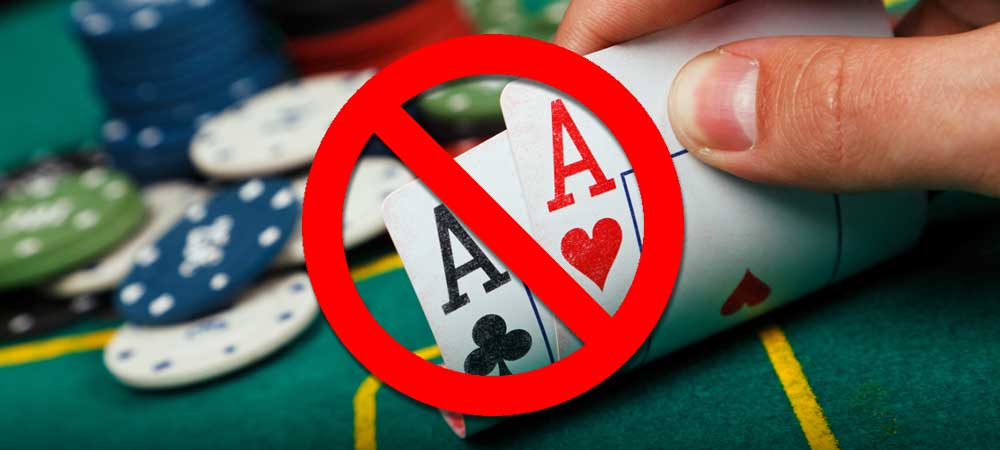The Massachusetts Gaming Commission lifted poker restrictions in May.
Poker rooms in major casinos have not reopened, however.
The Gaming Commission will check in on this problem in the coming months, but has taken no action yet.
BOSTON - During the COVID-19 pandemic, the Massachusetts Gaming Commission allowed local casinos to replace poker areas in their buildings with other games.
The ostensible justification for this was player safety - and the upside for the casinos is that slot machines are a vast profit driver for the industry.
Now, however, the Commission claims to have received over 50 complaints in the last month, many of which relate to the lack of poker play in Massachusetts’ casinos.
There is a previous history of contention on this topic. The Massachusetts Gaming Commission limited poker tables to only having four players, which casinos in Massachusetts claimed to be unprofitable.
That mandate was lifted in May, but the casinos still have not brought back poker, and the Commission, tired of receiving complaints and worried about potential job losses, held a hearing debating the issue.
At that meeting, Senior VP and General Counsel at Encore Boston Jacqui Krum was the sole casino representative, and offered vociferous defense of the decision..
“To be clear, we did not say ‘never’ to poker. We have said, ‘just not at this time,’” said Krum. “We’re constantly readjusting offerings based on guest demand.”
Krum noted that the casinos had repurposed the poker rooms to instead house “some of our highest-performing slot machines,” a decision which no doubt benefits the casino’s bottom line.
Why Don’t The Casinos Want Poker?
Slot machines make up an incredibly large portion of casino profit - a number that ranges from 65%-80% in most states.
Some might argue that this is because you can play slots faster than table games, which is true - they are a very fast method of gambling.
However, they also hold the largest house edges, meaning that not only are they more profitable because you can play them faster, they’re more profitable in absolute terms as well - the casino benefits more from a customer playing slots than anything else.
This leads to situations like the one in Boston. There are not enough incentives for a casino to reopen poker rooms when those rooms have been replaced with more profitable games, such as these slots.
Krum went out of her way to note that attendance at those rooms had gone up significantly as well, meaning that the casino seems to be enjoying this new arrangement both in terms of profit and in terms of attendance.
The Commission, on the other hand, noted worry about employment - poker tables need dealers, slot machines do not.
Krum claimed that there simply were not enough prospective dealers, saying:
“We remain in continual hiring mode. We simply cannot find enough dealers, cashiers or food servers.”
It seems as though the explanations Krum offered were enough to satisfy the Commission, at least for now. They plan on checking in on the decision making process over the coming months, but have not mandated the return of poker to casinos in the state.
